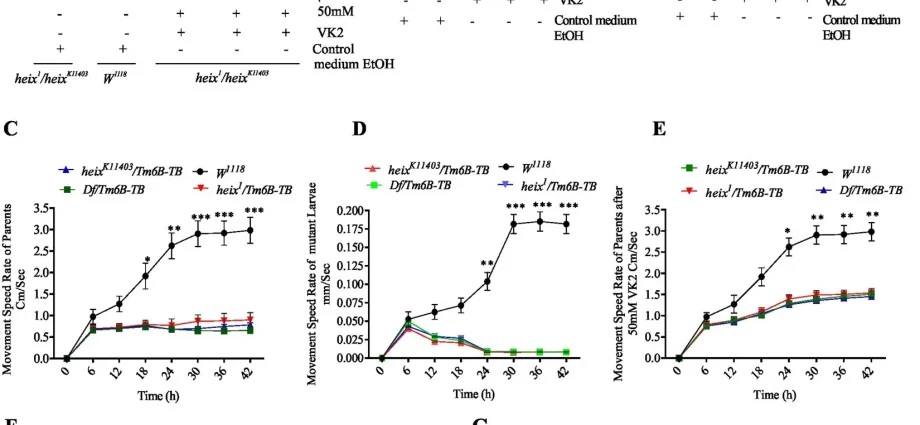People whose diets high in vitamin K are less at risk of non-carcinoma lymphoma, one of the most common blood cancers, it was reported at the 101st Annual Meeting of the American Association for Cancer Research in Washington.
Non-Hodgkin’s lymphomas come from certain white blood cells – B and T lymphocytes, and NK cells. This group of diseases includes, for example, chronic lymphocytic leukemia, Burkitt’s lymphoma and Waldenstroem’s macroglobulinemia.
Researchers from the Mayo Clinic in Minnesota, examining 603 people with lymphoma and 1007 healthy people, showed that the risk of developing non-Hodgkin’s lymphoma in people consuming a lot of vitamin K (over 108 micrograms a day) is 45 percent lower than in the group consuming the least of this vitamin (less than 39 micrograms a day) ). This relationship was also visible after taking into account such factors as age, gender, education, obesity, smoking, alcohol consumption or food rich in antioxidants. This is likely to be related to vitamin K’s actions, such as inhibiting inflammation.
Vitamin K, which is well soluble in fat, can be found in dark green and leafy vegetables such as broccoli, turnips, spinach, lettuce and cabbage. Avocados, peaches, potatoes, egg white, cheese and liver also contain it. It is also produced by the gut bacteria – hence antibiotic treatment can lower the levels of vitamin K in the body. In turn, vitamin K reduces the effectiveness of anticoagulants and anticonvulsants. Do not take synthetic vitamin K without consulting your doctor (PAP).










